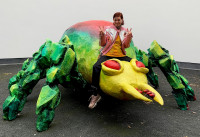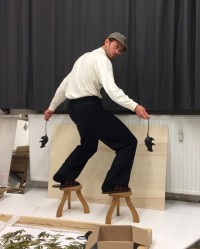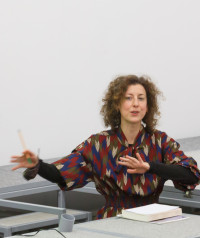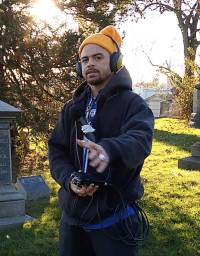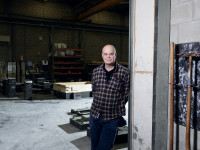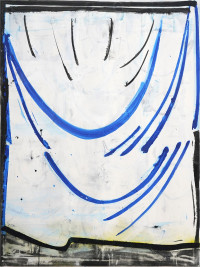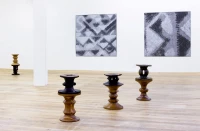Studio Practice & Research
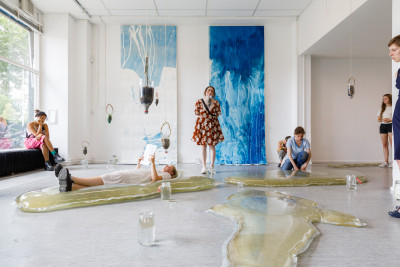
Studio Practice and Research is the core of the BEAR Fine Art programme. It is the part of the programme that offers support in developing individual work and projects, aimed at building a practice as an artist. As such, it becomes increasingly self-directed as the study trajectory progresses. It is the space to combine the various threads of the programme and independently set up experiments, theoretical study and collaborative activities. Students are given the tools to self-organise and collectively create a context in which individual practices thrive.
Studio Practice and Research consists of two components. The primary component is the Tutor Base, including the activities organised by the tutor. An extensive description of the Tutor Base programme can be found here. The second component is Artistic Research, which aims to develop a toolkit of methods and frameworks for making, thinking, talking and contextualising. It asks the question:
What is research for you, as an artist? At BEAR, research is always practice-based. Besides a discursive and textual component, it can include things that are sometimes considered non-artistic such as exercise routines, family histories, activism and gardening. The activities of the Artistic Research programme are designed to practise reading, writing and critical thinking as part of the artistic process of the students. How do we make these skills our own, and find interrelations between textual reflection and other studio and extra-studio activities? Artistic Research asks the question: How to come into a con- versation that has already begun? How to position and situate artistic work in a field, a genealogy of thought and work?
